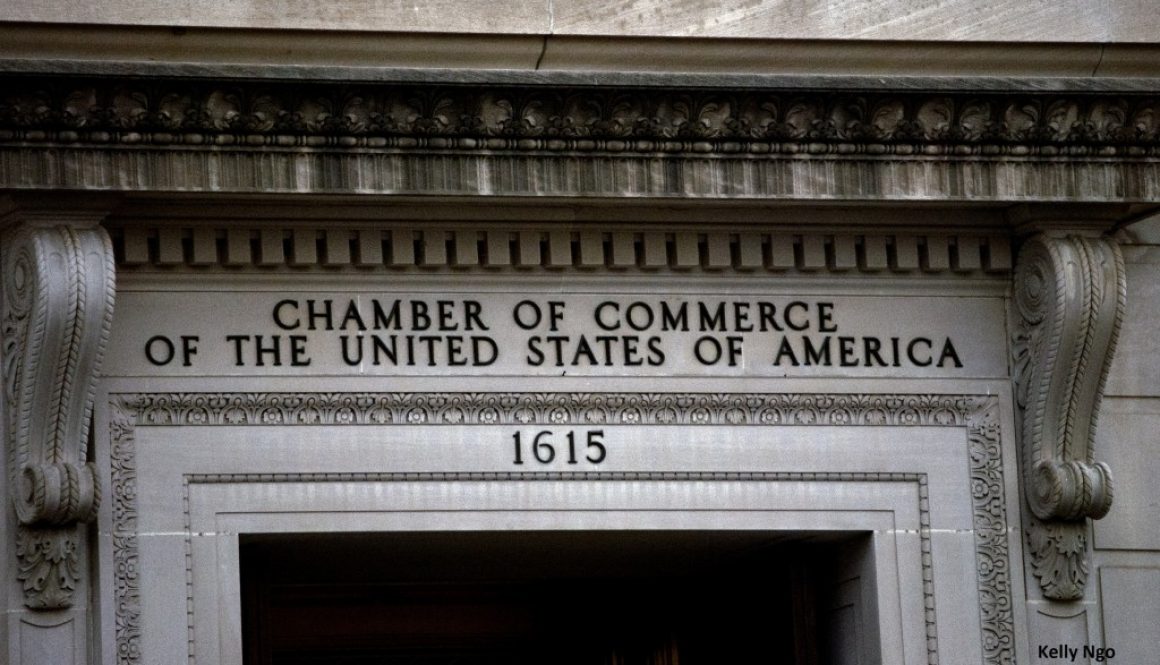U.S. Chamber’s Corporate Citizenship Conference celebrates bad actors
The U.S. Chamber of Commerce this week had its 2014 Corporate Citizenship Conference, three days of panel discussions based on the premise that companies “invest time, resources, and capital to help make the world a better place.”
Among the sponsors were companies like Capital One, one of the Wall Street banks that was fined by the SEC for its role in the financial crisis, got bailed out, apparently failed to pay income taxes for a year, and more recently was charged with unlawfully foreclosing on veterans; Dow Chemical Company, whose subsidiary spent big political money to block GMO labeling that would have enabled consumers to make informed choices about the food they eat; and Lockheed Martin, which spends big on lobbying and campaign contributions to win itself big tax breaks.
Not exactly what one thinks of when considering how powerful entities can make the world a better place.
An examination of the conference’s agenda also reveals some Orwellian head-scratchers.
A Dow Chemical Company executive participated in a panel called “Cultivating Local Impact,” which discussed how companies “create citywide sustainability, resilience, obesity prevention and economic empowerment programs.” Meanwhile, Dow is listed as third on the University of Massachusetts Amherst’s Toxic 100 Air Polluters list. Last year, Dow released more than 6 million pounds of toxic air into communities, according to the index, 19 percent of which were in poor communities and 38 percent of which were in communities of color. Toxic pollution damages the sustainability of the global community and of the local communities where polluting facilities operate. Are these the local impacts the Chamber wants to promote?
Another confusing component was a panel called “Building Local Community Disaster Resilience” being moderated by a Chamber director.” Climatologists overwhelmingly conclude that human-made climate emissions have a hugely destabilizing effect on climate systems, leading to impacts like a high frequency of severe weather events that were previously rare. These effects in turn lead to resource scarcity, displacement and destabilization of nations – as the Pentagon terms it, the “threat multipliers” caused by climate change. The Chamber, despite its hosting and participation in this panel, has a history of denying human contributions to climate change and is opposing efforts by the EPA to mitigate human impacts. The Chamber also does not support regulations to limit fracking, despite research showing local health harms associated with it and studies questioning natural gas’ proclaimed superiority to coal in terms of greenhouse gas emissions.
If the Chamber truly wants to help local communities, it should work with them, companies and the government to find ways in which the economy can succeed while lowering greenhouse gas emissions and other harmful pollution, and should support holding companies responsible for their negative impacts.

